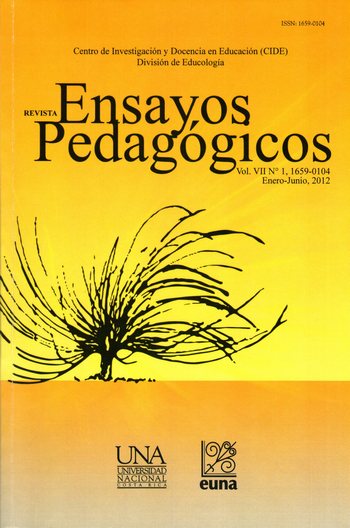PLANKTON: A New Organization Theory for the 21st Century
DOI:
https://doi.org/10.15359/rep.7-1.4Keywords:
organizational theories, innovation, administration, planningAbstract
Organization's theories have been widely researched and developed during the twentieth century and remain of paramount importance in the twenty-first century, explaining the behavior of the organizations meet the challenges of the technology boom. In this paper, we present a historical review of the principal theories of the organization and then propose an innovative and creative perspective through the pronunciation of the theory of plankton organization, responding to new needs and developments of organizations of human services, and to the global technological world in which we live. Plankton Organizational theory is a theoretical perspective that has been developed over the last ten years by the author, as a result of intensive work consulting to human service organizations in Israel, and is based on extensive experience of university teaching in the department of Human Services Organizations in the Academic College of the Yezreel Valley,in Israel. Plankton organization theory proposes eight theoretical concepts through which address the understanding of the theory. The eight concepts are: planning, learning, achievable, norms, knowledge, technology, opportunity and natural.
Downloads
Published
How to Cite
Issue
Section
License
Ensayos Pedagógicos is subscribed to the Attribution-NonCommertial-NoDerivatives 4.0 International Creative Commons Licence, which allows both authors and readers to freely download, store, copy, and distribute the final approved publisehd version of the manuscript (post-print) as long as this is done without commercial purposes, no derivative works are generated, and the source and author are mentioned. As well, Ensayos Pedagógicos declares that authors will remain the rightful owners of the copyrights of their work in perpetuity.







